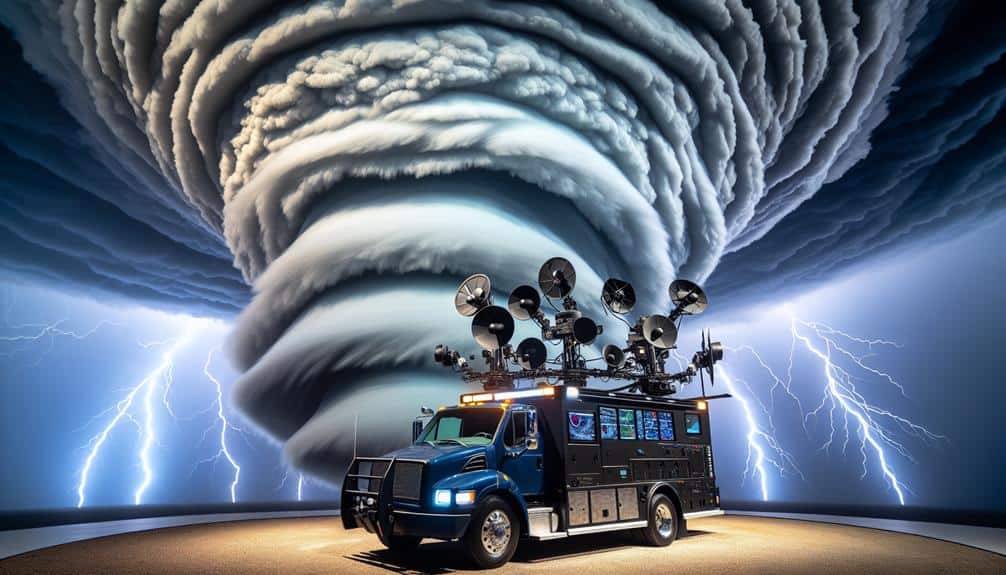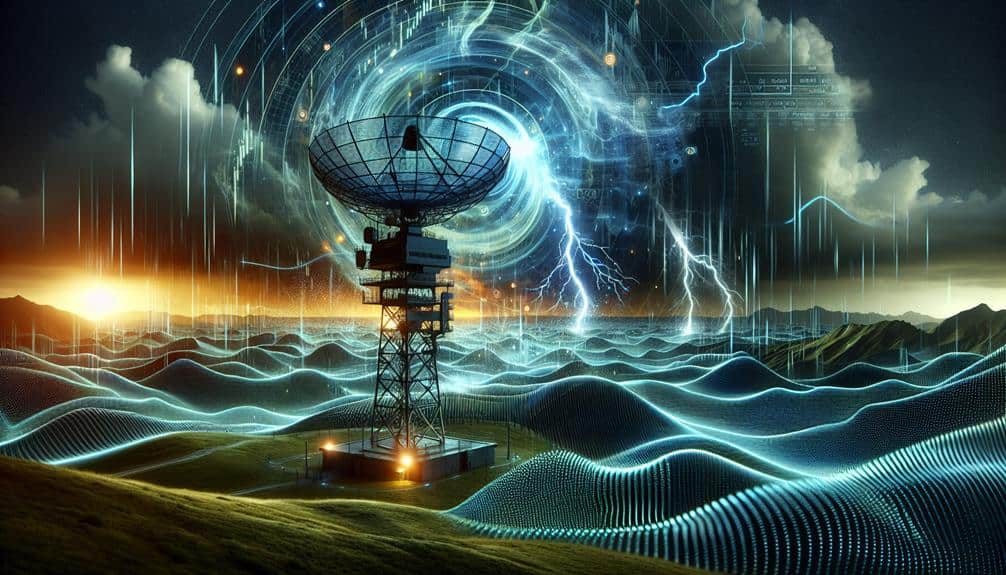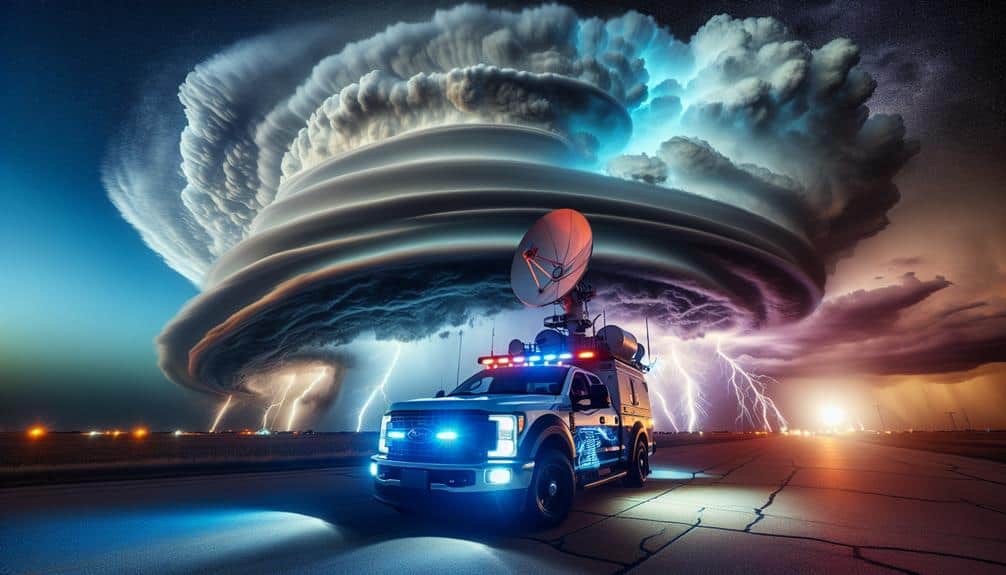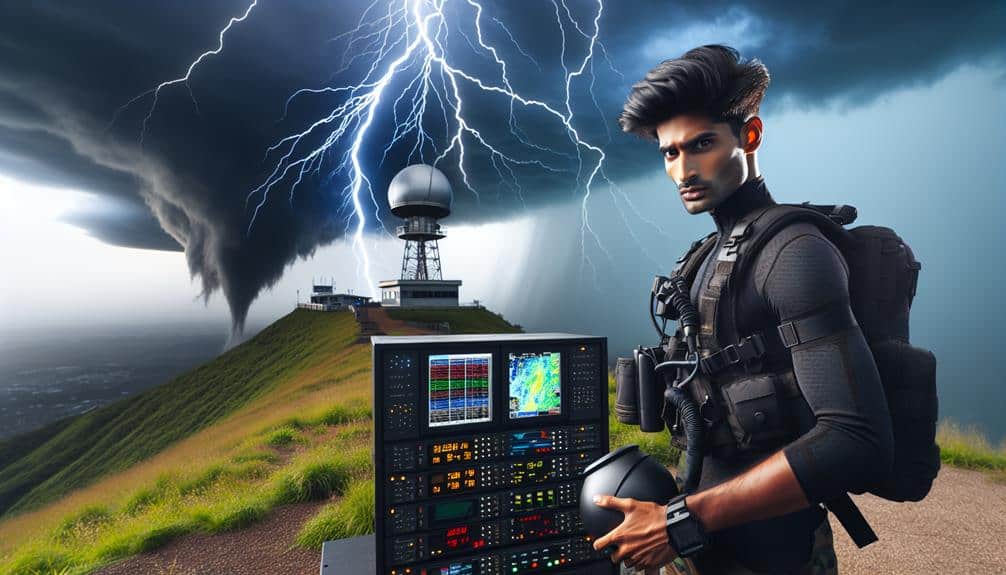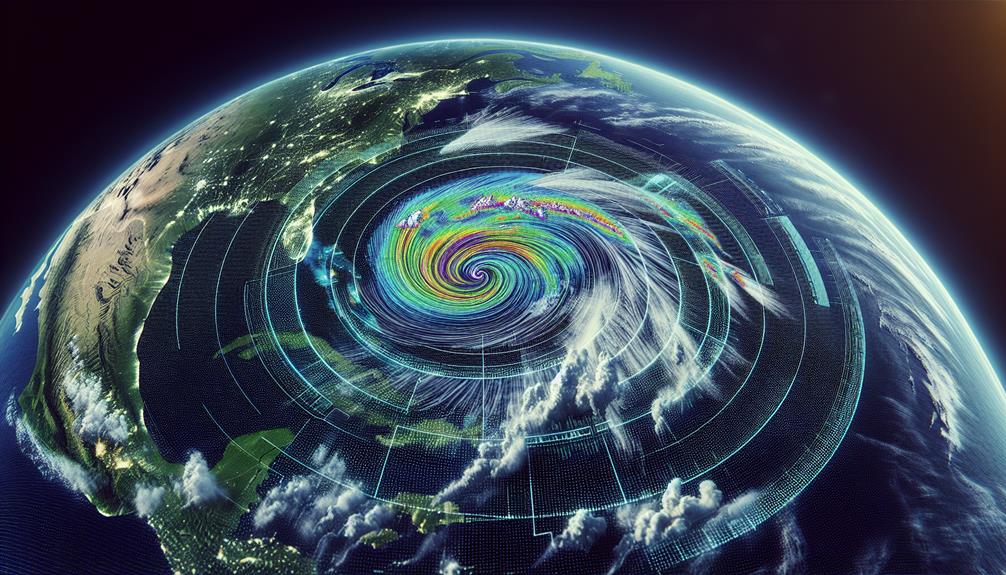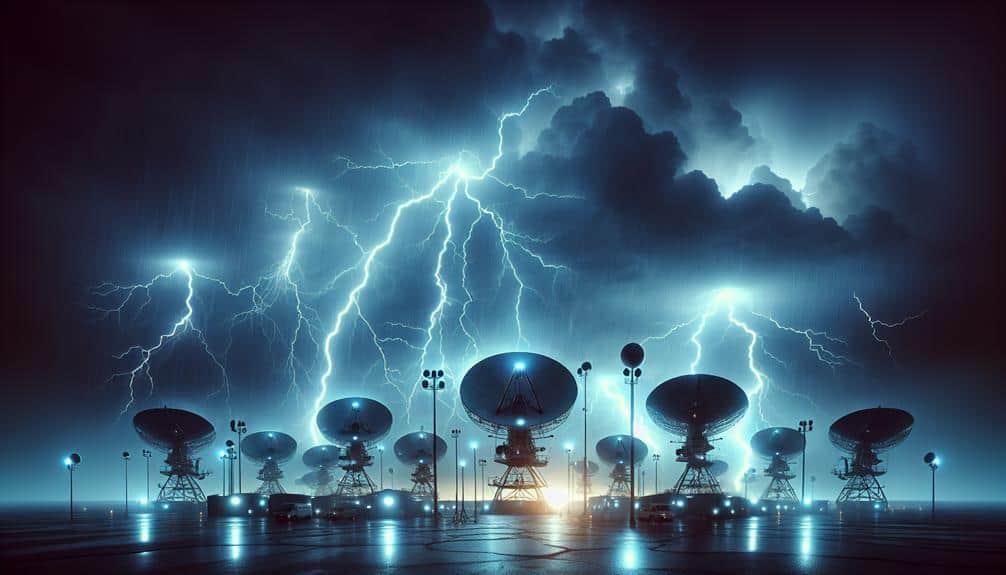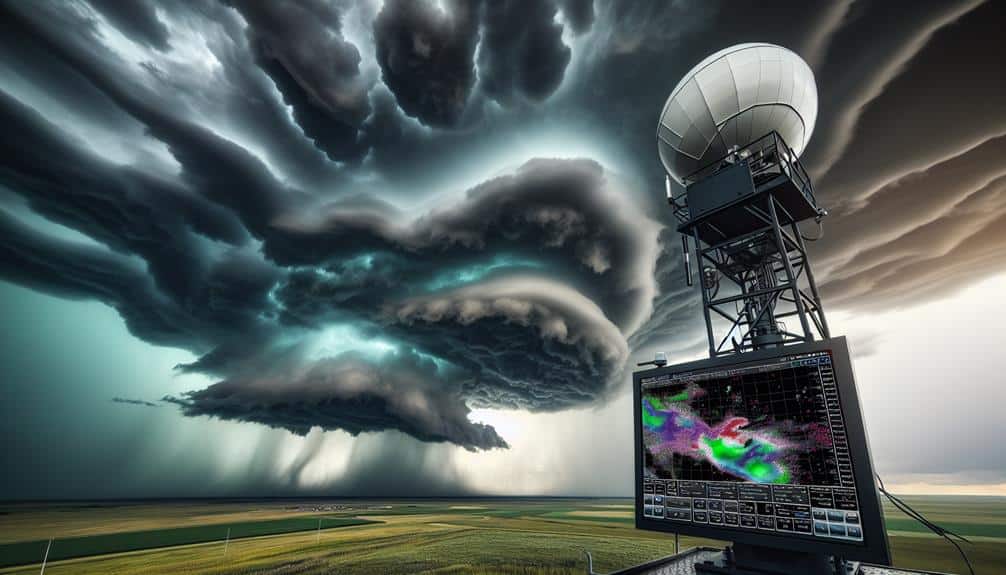What Makes Doppler Radar Crucial For Storm Chasers?
Doppler radar is crucial for storm chasers like us because it offers precise, real-time data on storm dynamics. By emitting microwave signals that bounce off precipitation particles, it allows us to track storm cell velocity and direction with unmatched accuracy. We can identify rotation within thunderstorms and estimate rainfall rates, which boosts forecast accuracy by […]
What Makes Doppler Radar Crucial For Storm Chasers? Read More »
